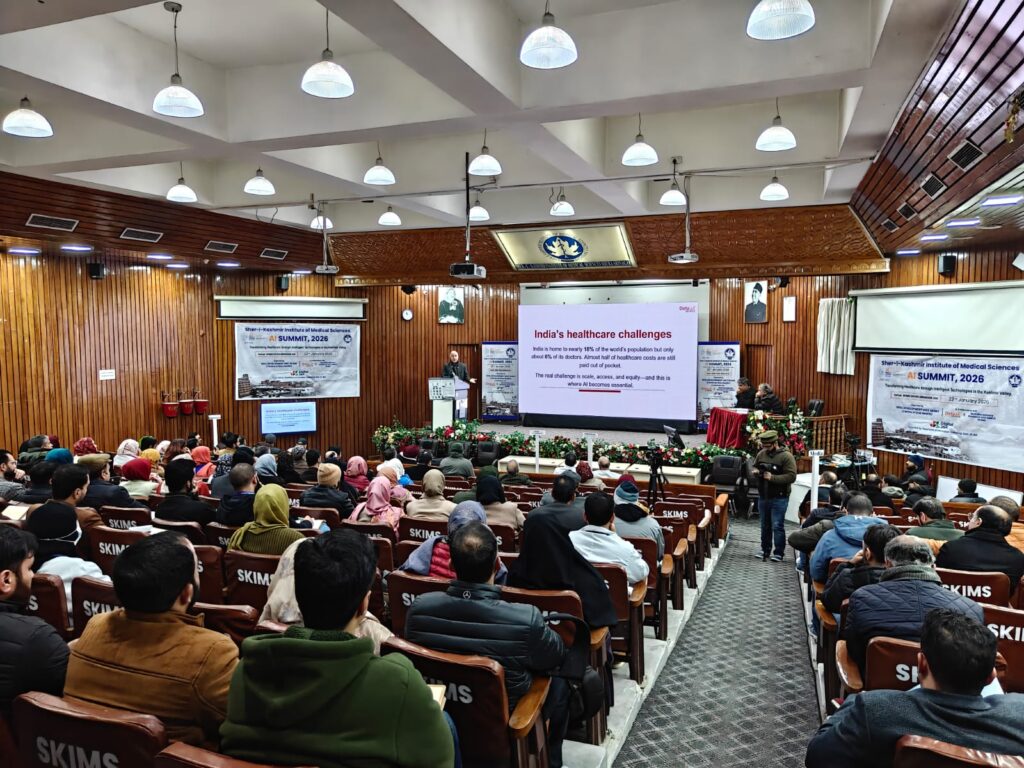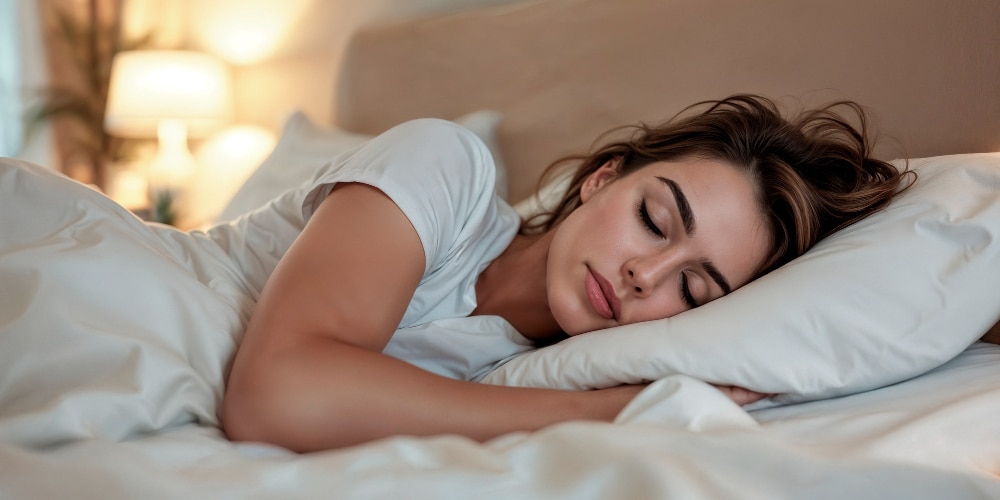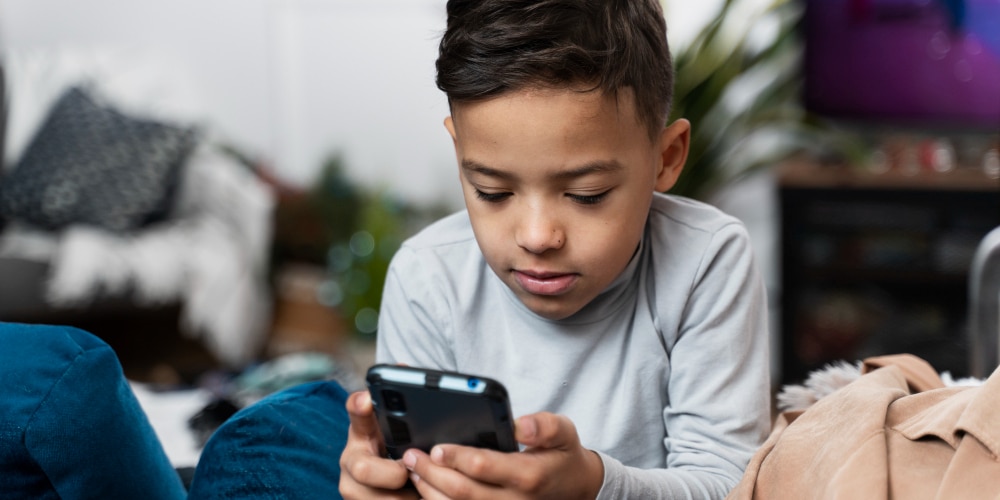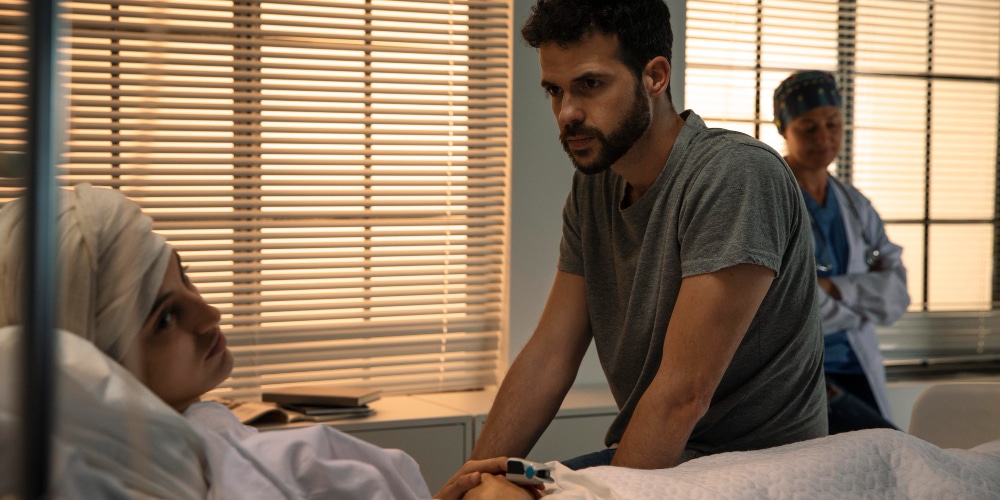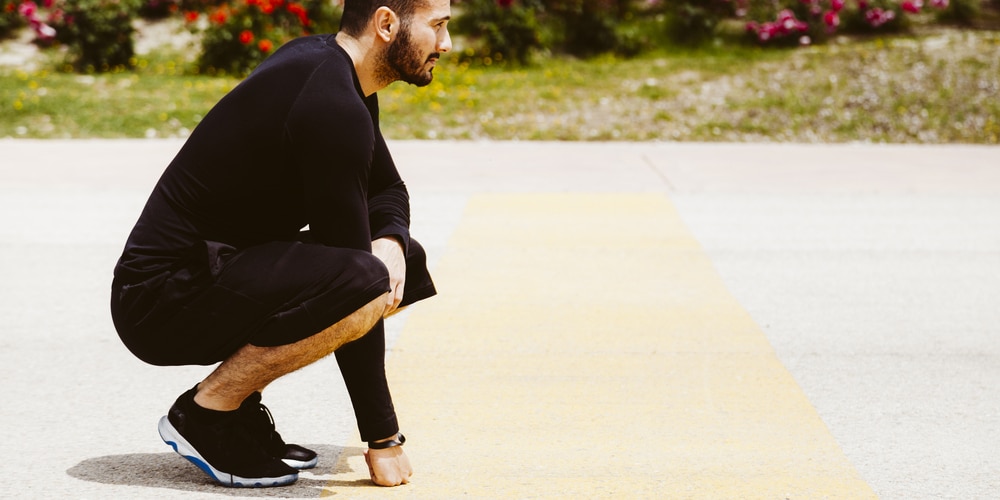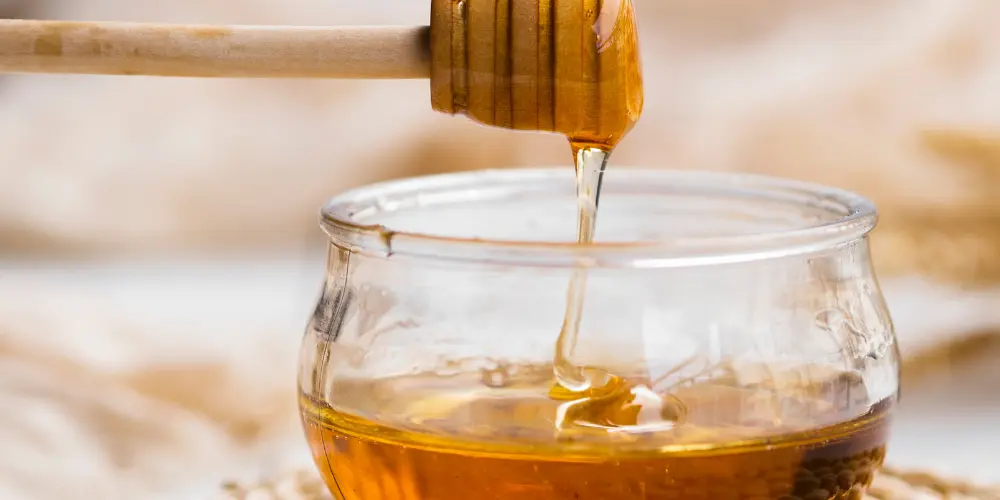Post warning women not to take COVID-19 vaccine during periods is ‘false’
Author
Author
- admin / 5 years

- 0
- 2 min read

Author
COVID-19 vaccine doesn’t pose a risk if taken during periods.
By Tej Kumar
A viral image on social media cautions women not to take vaccine before and after five days of periods because “immunity is low during periods”. However, the claim is absolutely false.

The post has been shared multiple times on social media including WhatsApp groups in India.
The post also claims that “dosage of vaccine first decreases immunity later it builds immunity, so there is a high risk of attack for one who vaccinated during periods.”
So let’s understand the link between the menstrual cycle, vaccination and immunity.
We contacted Dr. Shimna Azeez, medical officer at Manjeri Medical College in Malappuram District, Kerala to verify the claim and she quashed the rumour completely. She said, “Don’t be deceived by rumours. Vaccination has nothing to do with your menstruation”.
She also advised, receive the COVID-19 vaccine on time, wear the mask properly, maintain physical distance, and clean your hands.
We further searched for research papers to understand if there was any link between vaccine and immunity, we didn’t find any research report claiming that immunity is reduced after taking the vaccine.
This misleading post gained such massive popularity that the central government on Saturday, April 24thappealed people not to fall for “fake post”. Press Information Bureau (PIB) tweeted, “Fake post circulating on social media claims that women should not take #COVID19Vaccine 5 days before and after their menstrual cycle. Don’t fall for rumours!”

Furthermore, many doctors took to social media to call out the misinformation and appealed to everyone to get vaccinated soon.


Requesting women not to fall for rumours, a gynaecologist Dr Munjaal V Kapadia tweeted, “Some silly WhatsApp rumour has spooked everyone. Your period has no effect on the vaccine efficacy. Take it as soon as you can. Spread the word, please.”
